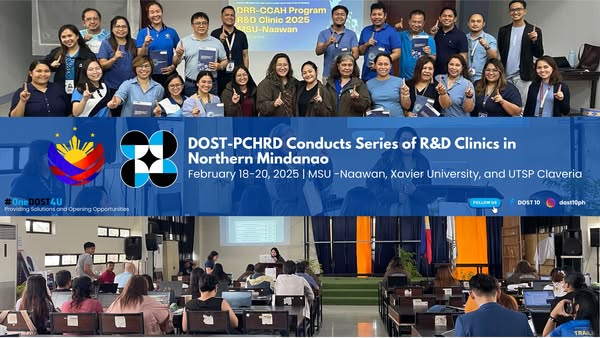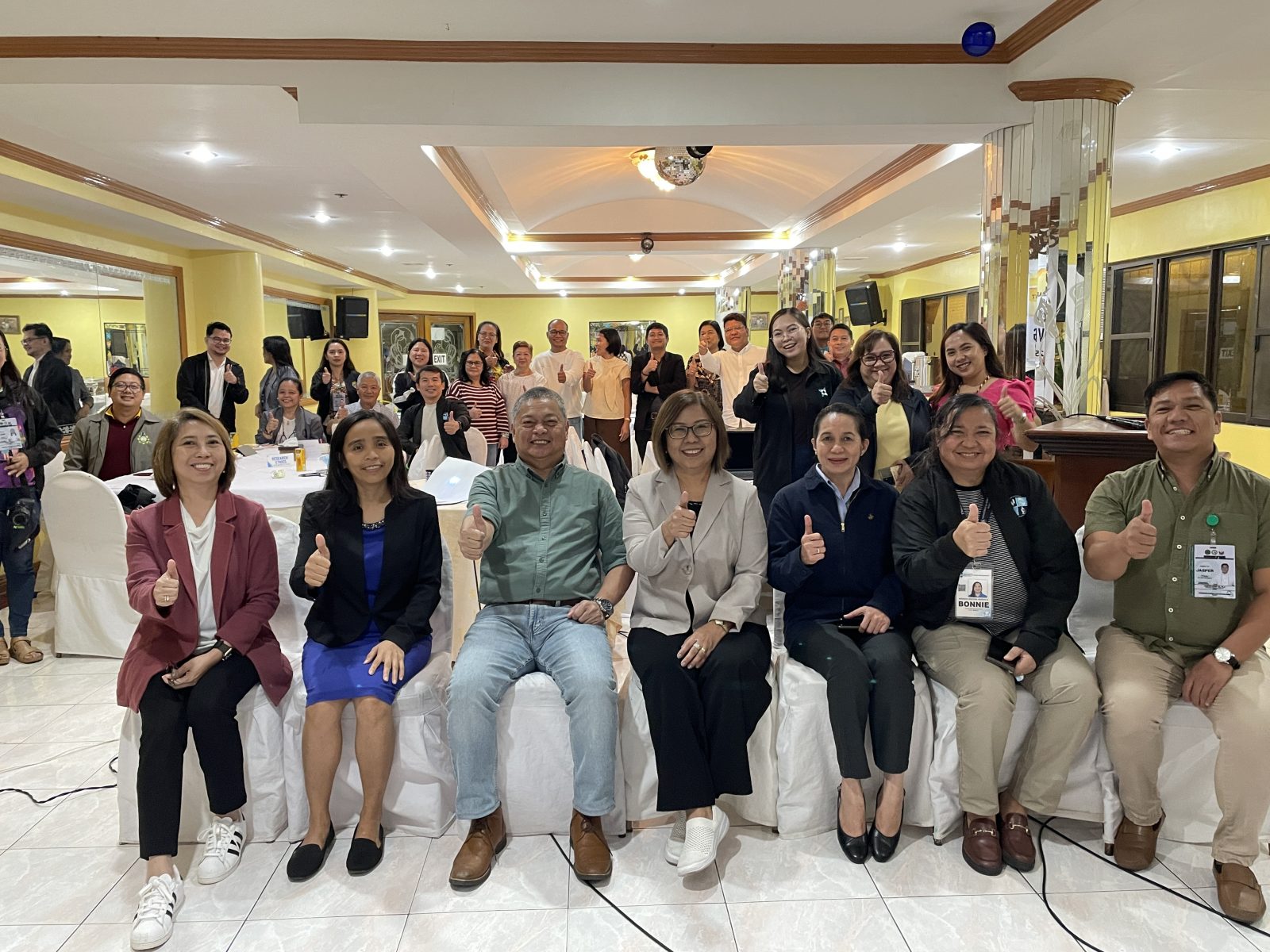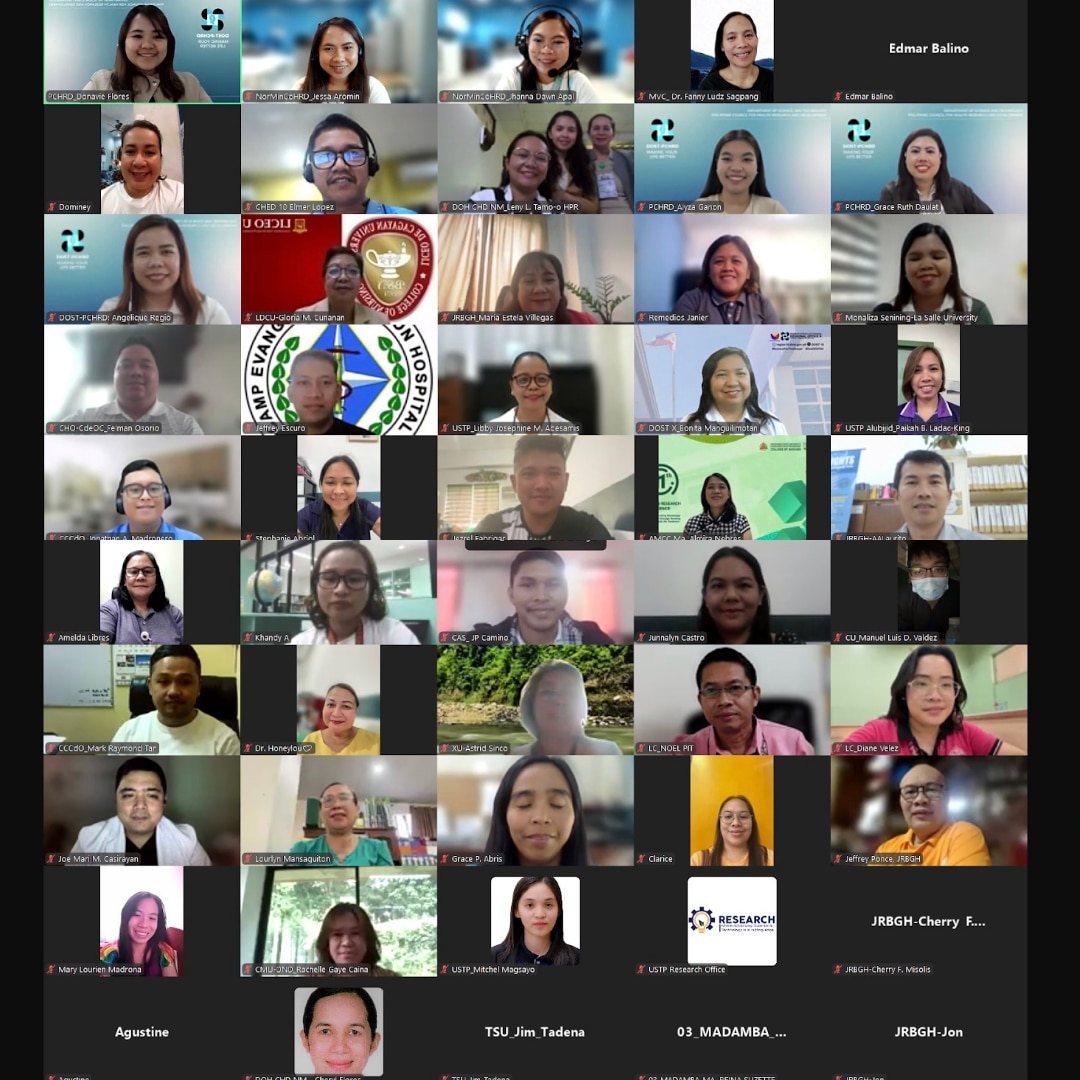Citing examples of health research frameworks from countries including the Philippines, the World Health Organization (WHO) highlights the role of establishing regional and international partnerships for stronger national health research systems in the report: “What is the evidence on policies, interventions and tools for establishing and/or strengthening national health research systems and their effectiveness?” by the Health Evidence Network (HEN).
Emphasizing the importance of continued commitment and adequate funding for health research, the report elaborated on how regional and international partnerships can help “generate benefits from combined resources and diverse perspectives.”
“Building partnerships or regional initiatives or interventions through which countries analyse their situation and might collaborate with peers (will help) identify ways to strengthen the health research system of each country,” the report states.
Accordingly, the Philippine National Health Research System (PNHRS) is built through cross-cutting partnerships among international, national and regional agencies. Institutionalized in 2013, the PNHRS is implemented by four core agencies — the Department of Science and Technology (DOST), Department of Health (DOH), Commission on Higher Education (CHED), and the University of the Philippines Manila.
Aiming to harness the potential of each region, the PNHRS framework is mirrored in all regions of the country through the Regional Health Research and Development Consortia (RHRDC). Each RHRDC addresses concerns relating to its health research agenda, development of human resource, conduct of researches, dissemination of research results, research utilization, resource mobilization, leadership and management addresses concerns related to health research, and mobilizes resources specific and abundant to each region.
“The RHRDCs are the bridge of PNHRS to reach the communities. PNHRS connects with the communities through the RHRDCs to learn from them, understand their needs, and develop responsive health research initiatives,” DOST-Philippine Council for Health Research and Development (PCHRD) Executive Director Jaime C. Montoya explains.
As one of the implementing agencies of the PNHRS, WHO also cites the partnership of DOST-PCHRD with the United States National Institutes of Health (US-NIH) and the United Kingdom Medical Research Council (UK-MRC) as an approach in line with the objective of “launching a proactive policy (which) will encourage and accompany consistent international collaborations,” by Inserm–the National Institute of Health and Medical Research of France.
In 2017, DOST-PCHRD signed a partnership with the US-NIH for the establishment of the Regional Prospective Observational Research in Tuberculosis (RePORT) Consortium in the Philippines to create a platform for collaborative research on tuberculosis (TB) in the country. Meanwhile, DOST-PCHRD’s partnership with the UK-MRC through the Newton Agham Program in 2016, supports research projects which address diseases that impact the most vulnerable in the society such as malaria, HIV, schistosomiasis, dengue, antimicrobial resistance, tuberculosis, rabies, and diabetes.
DOST-PCHRD also pursued local and international partnerships to capacitate the country’s pool of experts. Together with the Asia Pacific Association of Medical Journal Editors (APAME) and the Philippine Association of Medical Journal Editors (PAMJE), DOST-PCHRD organizes a biannual medical research writing program for Filipino researchers. DOST-PCHRD was also able to secure partnerships with the University of Trieste (UNITs) and Fondazione Italiana Fegato (FIF) in 2019, which allows the country to send scholars to UNITs for the PhD Program in Molecular Biomedicine.
The PNHRS is an integrated national health research framework which aims to provide an enabling environment for health research for the achievement of the country’s national health goals through partnerships, collaborations and cross-cutting strategies.
Through the continuous effort of the System and its implementing agencies, WHO cites the Philippines as among countries with important progress in health research and as an NHRS model for low- to middle-income countries in the same report by HEN. Previous report can be read here: bit.ly/pnhrswho-report.








